myOptions Encourage Learning Series
Presented in Partnership with ASCA
Presented in partnership with the American School Counselor Association (ASCA), myOptions Encourage hosts webinars on topics related to college preparation. Best of all, you can earn CEUs for your participation in each.



Most Recent Webinars
Family Involvement Strategies & Tools
Discover practical tools and resources to enhance family involvement, along with methods to assess their impact.
College, Career and High School Success Tools
Get practical tools for creating impactful learning outcomes and lesson plans that meet policy and professional standards.
More Webinars on Demand
Building School-Based College Preparation Supports for Students: Hosting a FAFSA Completion Event
Building School-Based College Preparation Supports for Students: Hosting a College Application Event
Student Voice: The Importance of School-Based College Preparation Supports
Learning that WORKS for New York!
(Part 1)
Advising Students on Credentials and Rewarding Careers
(Part 2)
Implement Programming & Leverage Community Resources to Help Students Build a Balanced College List
Helping Students and Their Families in Building a Balanced College List
The Role of Counseling & Smart College Application Lists